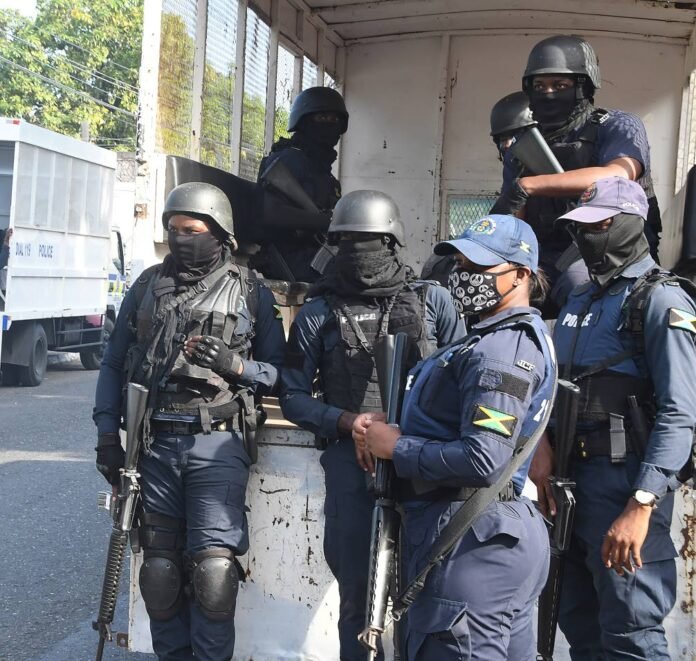The Hidden Struggles of Jamaica’s Brave: A Call for Support
On a humid Tuesday morning in St. James, Constable Michael Reid kissed his wife goodbye, the aroma of her freshly brewed coffee still hanging in the air. Little did he know, hours later, he would be facing a gunman, desperately shielding schoolchildren from a sudden burst of violence. Meanwhile, in the misty hills of Portland, Corporal Lisa Grant of the Jamaica Defence Force (JDF) was leading a night patrol, her rifle gripped tightly as they intercepted a drug boat cutting through the dark Caribbean waters. Both returned home, but the weight of their experiences lingered, leaving them grappling with unseen scars.
For many in Jamaica’s security forces, the trauma of their duties is a silent burden. As the Jamaica Constabulary Force (JCF) and JDF work tirelessly to reduce crime—homicides have seen a welcome decline—the psychological toll on these brave men and women is alarming. The dangers they face daily—gunfire, natural disasters, and the grief of loss—leave deep mental scars that often go untreated.
A New Dawn of Support
In a promising turn, the JCF has partnered with Sandals Corporate University (SCU) to provide vital training in emotional intelligence, conflict resolution, and stress management. In early 2025, 210 officers graduated from this innovative program, which aims to transform them into community leaders. Adam Stewart, Executive Chairman of Sandals, describes this initiative as a lifeline, especially in tourism-heavy areas where safety is paramount.
The JDF is also making strides with its Resilient Soldier program, which focuses on mindfulness and trauma recovery. Major General Antonette Wemyss-Gorman, the first female chief of the JDF, emphasizes the importance of mental wellness, proving that resilience is just as crucial as physical strength.
The Cost of Ignoring Mental Health
However, the statistics are sobering. A 2024 DRIVE study revealed that 24% of JCF officers suffer from PTSD, while 14% face depression—figures that far exceed the national averages. The JDF’s findings echoed these concerns, with 20% of soldiers reporting PTSD symptoms after missions. Ignoring these issues could lead to devastating consequences, not just for the officers but for their families and communities.
Untreated mental health problems can create a ripple effect, leading to increased domestic tensions and family strain. The DRIVE study found that 30% of JCF officers reported heightened domestic issues, with many citing job-related separations. This isn’t just a personal crisis; it’s a national concern that affects the fabric of society.
Learning from Global Best Practices
Countries like Canada and Australia have set examples for mental health support in law enforcement. The Royal Canadian Mounted Police’s Road to Mental Readiness program has trained a significant portion of its officers, leading to a 25% reduction in PTSD symptoms. Similarly, Australia’s MindArmor initiative has embedded psychologists within police stations, resulting in decreased sick leave and significant cost savings.
These international models highlight that mental health care is not a sign of weakness but a crucial component of operational readiness.
A Call to Action
Jamaica’s security forces deserve a robust support system that matches their bravery. Here’s a vision for the future:
- Mandatory therapy sessions for officers to ensure mental health is prioritized.
- Peer support networks that connect veterans with those currently serving, fostering a sense of community.
- Family inclusion programs to support the loved ones of officers, recognizing that their well-being is intertwined.
- Decompression zones at stations to provide a peaceful retreat after stressful missions.
- National recognition days to celebrate the sacrifices made by these heroes, ensuring they receive the rest they deserve.
As we look to the future, it’s clear that the mental health of our security forces is paramount. Their strength is our strength. How can we ensure that these brave men and women receive the support they need to continue protecting our nation?

